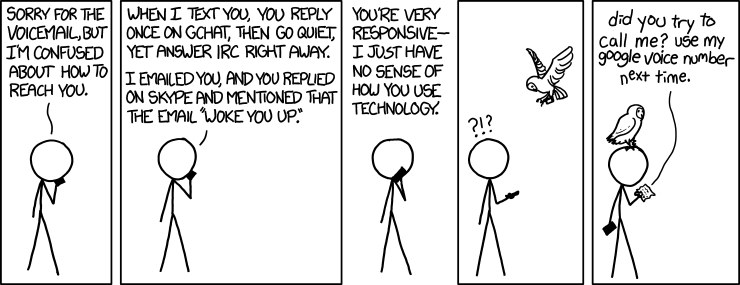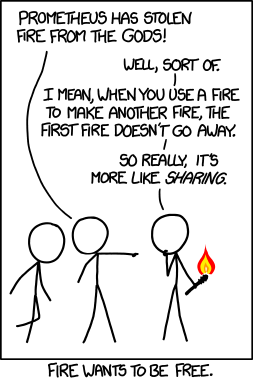Blood Alcohol
Could you get drunk from drinking a drunk person's blood?
Fiona Byrne
No.
A person contains about 5 liters of blood, or 14 glasses.

If your blood is more than about half a percent alcohol, you stand a pretty good chance of dying. There have been a handful of cases of people surviving with a blood alcohol level of above 1%, but the LD50—the level at which 50% of people will die—is 0.40 (0.4%).
If someone had a BAC of 0.40, and you drank all 14 glasses of their blood in a short amount of time,[1]Hey, there's a 50% chance they were going to die anyway. you would throw
up: You wouldn't throw up because because of the alcohol; you'd just throw up because you're drinking blood. If
You wouldn't throw up because because of the alcohol; you'd just throw up because you're drinking blood. If up.  Assuming
Assuming

Drinking that much blood This would, in turn, raise your own blood alcohol level to 0.005. In other words, only 1/60th of the alcohol in their blood would make it into yours.
If, after you drank all this blood, someone killed you and drank your blood,[2]It's only fair. they would then have a BAC of 0.00008. If this process were repeated about 11 times, there would be fewer than 60 molecules of ethanol left in the last person's blood. After one more cycle, there would very possibly be none.[3]By homeopathic standards, this is still quite concentrated. They'd just be drinking regular blood.[4]Like a loser.
Whether there's any alcohol in it or not, drinking 14 glasses of blood wouldn't be fun. There's not a huge amount of medical literature on the subject, but anecdotal evidence from online forum posts suggests that any normal person who tries to drink more than about a pint of blood will vomit: throw it back up.
![[Another squirrel instead of something unpleasant].](http://what-if.xkcd.com/imgs/a/98/squirrel_2.png)
If you drink blood regularly, over a long period of time time, the buildup of iron in your system can cause iron overload. This syndrome, which sometimes affects people who have repeated blood transfusions, is one of the few conditions for which the correct treatment is bloodletting.[5]Others include PCV and PCT.
Drinking one person's blood probably wouldn't cause iron overload. What it could give you is a blood-borne disease. Most such diseases are caused by viruses that can't survive in the stomach, but they could easily get into your blood through scratches in your mouth or throat as you drank.
Diseases you could get from drinking an infected person's blood include hepatitis B and C, HIV, Hantaviruses, and Ebola. I'm not a doctor, and I try not to give medical advice in these articles. However, I will confidently say that you shouldn't drink the blood of someone with Ebola.
That said, drinking or eating blood is not unheard of. It's a taboo in many cultures, but the British eat "black pudding", which is largely blood, and there are similar dishes all around the world. Maasai pastoralists in Africa lived mainly on milk, but also sometimes drank blood, drawing it from their cattle and mixing it with the milk to form a sort of extreme protein shake.
So the bottom line is that drinking someone's blood would be very difficult, probably quite unpleasant, and might give you some serious diseases. However, it definitely won't get you drunk.
In the end, the blood itself would do unpleasant things to your body long before the booze ever could.
















![The walls of Buckingham Palace are lined with [in case of emergency, break glass] boxes. Inside each one is a cup of tea.](http://what-if.xkcd.com/imgs/a/48/empire_eclipse.png)